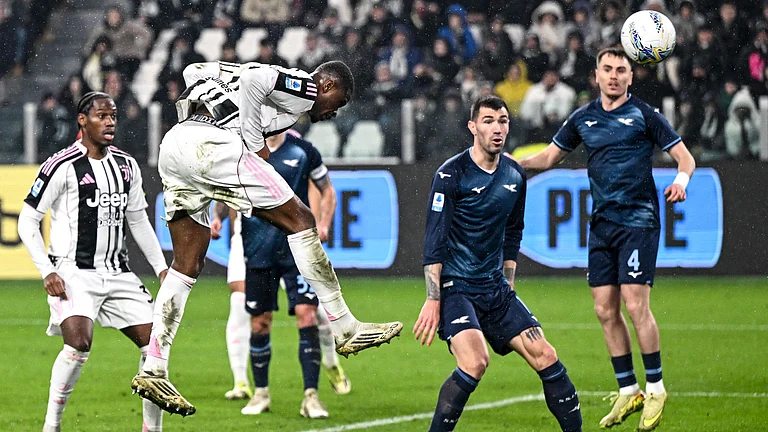I bought my first bass guitar in 1979 for Rs 125, a beat-up Indian guitar with old strings and a very high action. At that time, bad as the instrument was, it was a dream come true. I used to practise with my school band in the music room almost every day after school.
These memories are over three decades old. Thus, it was with great pleasure that I read Sidharth Bhatia’s India Psychedelic, since it brought about a flood of recollections about my early musician days. This book, however, speaks of the generation before mine, who started playing when I was in my infancy.
Bhatia skilfully identifies the break between the early ‘beat groups’ and the many dance and jazz bands that were around in the early ’60s. He has meticulously tracked down and interviewed hundreds of people who were active in the ‘scene’ back then. I hadn’t even heard of the first bands (Jets, Mustangs, Trojans, Great Bear), let alone heard them perform; so it was all very exciting! JS (Junior Statesman) was very much a part of my growing up, but I was more into comics and Zeenat Aman posters than the music they documented.
Bhatia lovingly evokes the social milieu of the ’60s and ’70s, and the change as urban teens responded to events in the West, the anti-establishment wave and the music that accompanied it. The struggles with bad instruments, amplifiers, mikes and PA systems that he describes continued well into the ’80s, as I can readily attest to. I loved the story about India’s first Stratocaster! We, too, had a band a couple of years senior to us in school (Electric Plant, who were huge in Delhi from ’78-82) who had fantastic guitars and amps that we envied.
The Biddu tale I knew, but Asha Putli’s story was a revelation, as was learning about all the women singers and the incredible journey of staging Jesus Christ Superstar. As kids of the ’80s, we had a strong suspicion—no, belief—that musicians about ten years senior to us had led a way more exciting life than us, and hearing Steve Sequiera’s anecdotes from his JCS days definitely fuelled that feeling. Both Steve and Gussy Rikh, who have multiple mentions in the book, were our idols and concerts by their band Ebony (also featuring Kittu Vaz, Loy Mendonza and a string of bass players, including Carl Peters) were a must attend.
The only band mentioned that I have ever heard live was High, at IIT Delhi in 1981. I still remember Dilip Balakrishnan doing a sound check with an acoustic guitar, singing a song from Pink Floyd’s album Animals. Their concert blew us away. I heard a concert by Waterfront with Derek Julien and Ranjit Barot many years later, but they had transformed into a jazz-rock act.
I would recommend this book to all people who are interested in pop culture, to everyone who remembers JS fondly and especially to all independent musicians. You’ll enjoy it! However, it seems as if Bhatia ran out of steam in the book’s last pages, giving the impression that bands petered out with flower power. But, hopefully, he’ll write another book about those of us who survived the disco years with our rocker sensibilities intact.
(Rahul Ram plays bass and sings with Indian Ocean. He has been playing in bands since 1978.)


























